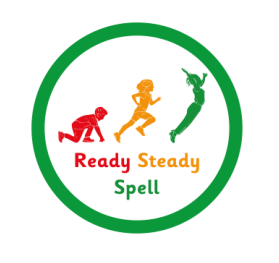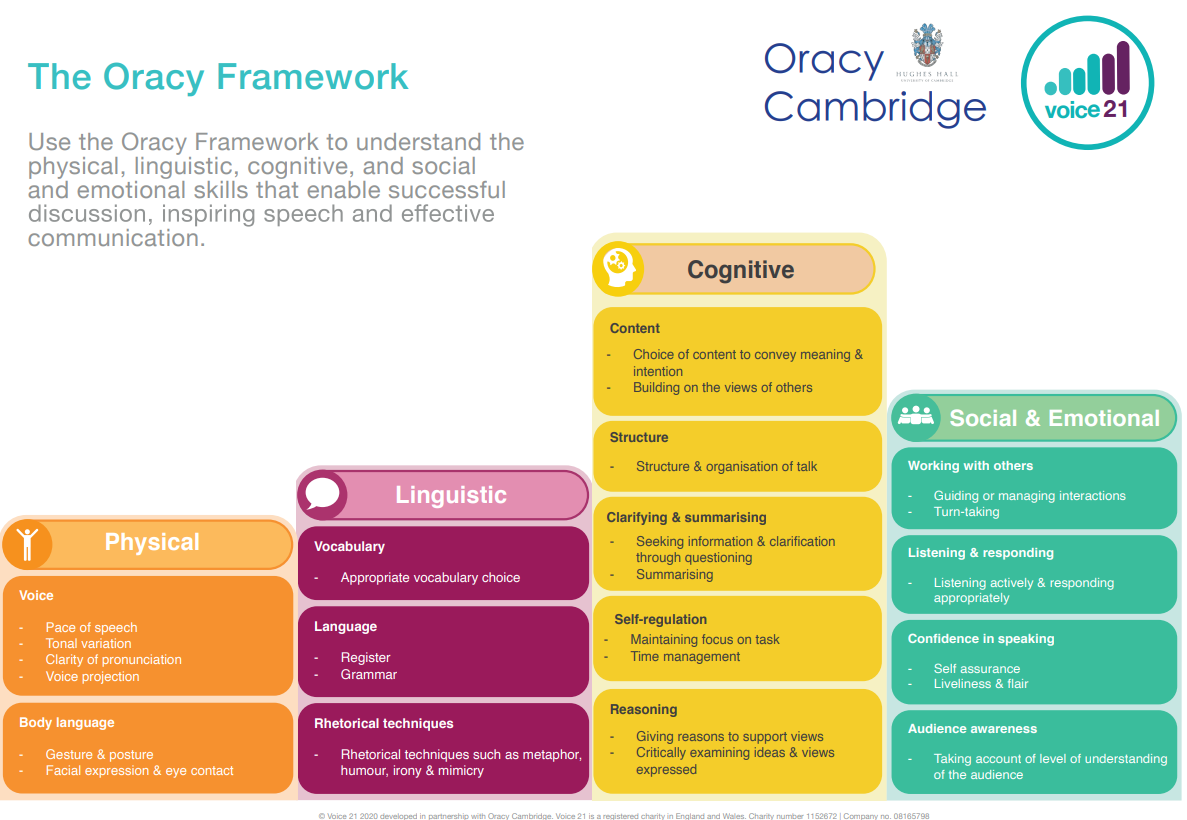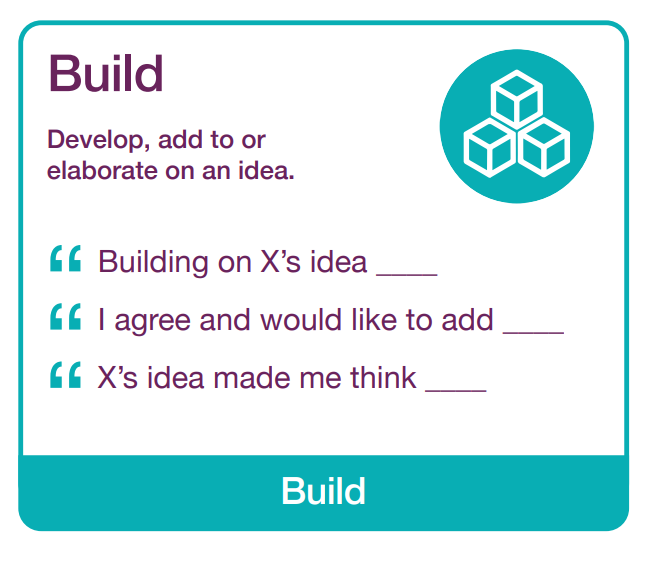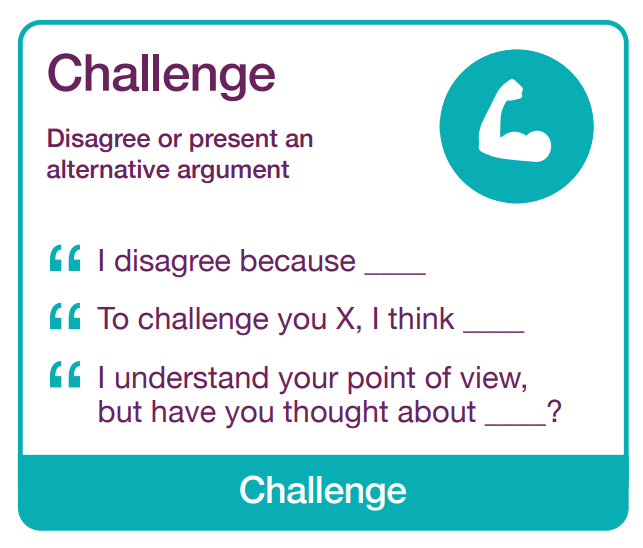English
At Westover, English sits at the heart of the curriculum and has been carefully shaped to develop ‘The Westover Child’. It is through speaking, listening, reading, writing and vocabulary acquisition that children learn to communicate ideas, express themselves deeply and to understand the world in which they live.
It is our intent that children at Westover experience and study a wide range of books that cover a broad range of topics, themes and cultures. Reading for pleasure and fostering a love of books is paramount at Westover. A broad range of writing opportunities are planned for children so that they are able to express themselves and write for a wide range of purposes and audiences.
Reading
Reading is a vital part of every child's education and a range of research evidences the crucial impact reading has on children's future attainment and life successes. If we want to give our children the best start in life, we need to make sure they experience a rich and varied world of reading and that they see themselves as readers as they grow.
"Reading for pleasure is more important for children's cognitive development than their parents' level of education and is a more powerful factor in life achievement than socio-economic background." Sullivan and Brown (2013)
Our reading journey starts right from the very beginning of Reception, children have a daily phonics lesson which follows the progression for Little Wandle Letters and Sounds and this continues in Year One to ensure children become fluent readers.
For more information on phonics and early reading click the link below:
At Westover Green it is our intent that all children will be able to read fluently and with good comprehension. We encourage our children to read widely for both pleasure and to gain information across the curriculum. Through the school, it is understood that reading is multi-faceted with many skills that build together to develop a reader. These reading skills are taught under the umbrella of two broad focuses: word recognition (decoding) and language comprehension.
Accelerated Reader
When children are secure in all the phonic phases and use their sounds confidently to decode unknown words, accelerated reader is implemented to support children with their independent reading choices. Children usually move onto the accelerated reading system between Year 2 and Year 3. Every half term, children take a Star Reader assessment which gives children a guide to their ‘zone’ so that they select books that they can decode and comprehend. Their STAR level is tested every half term to see how they have progressed. All the books in the library that are registered with Accelerated Reader have a coloured label on the spine to help them recognise books within their ‘zone’. Children take a quiz on the website after reading each book to assess how well they understood it.
The system is used to motivate students to increase their reading and vocabulary comprehension and guide them to independent reading. Motivational rewards such as star badges, certificates and competitions are regularly implemented to support engagement.
Guided Reading
At Westover we use the Futura Reading Scheme from Year 2 onwards. The Futura Reading Scheme is designed for all children who have completed the Little Wandle phonics programme. Feedback, challenge and adaptive teaching enables all children to access, achieve and progress. Our scheme offers children a broad and deep reading experience, with texts that offer challenge by either theme, or vocabulary and syntax.
Our Reading Scheme provides daily lessons which are designed so pupils:
- Enjoy reading and feel excited and motivated to read for pleasure
- Are exposed to a broad range of high quality texts
- Develop their fluency & expression, vocabulary, and knowledge
- Develop a wide range of reading skills based on the reading content domains (VIPERS)
- Are taught the reading elements from the National Curriculum programmes of study
- Have opportunities to discuss texts and literature
- Leave primary school knowing a substantial range of authors, classic texts and poetry
Each Whole-Class Reading lesson lasts 35 minutes and uses the Principles of Effective Teaching. The teaching sequence is based on evidence-based practice. Our reading lessons teach the reading domains through VIPERS (vocabulary, inference, prediction, explain, retrieve, summarise & sequence).
A typical lesson follows this sequence:
- Text introduction
- Knowledge building (prior knowledge needed to comprehend the text)
- Vocabulary pre-teach
- Reading of the text
- Quick fire retrieval questions
- Vocabulary question
- Modelled/shared VIPERS question
- Independent VIPERS question
Drop Everything and Read (D.E.A.R) Time
At Westover Green, we value and prioritise reading books aloud to the children. Every day, in every class across the school, the teachers dedicate a time when they read aloud to the children. We believe that reading aloud to the children develops a love and enjoyment of books, stimulates imagination, and helps develop language, vocabulary and listening skills. Our ‘Read Aloud’ provision has been developed by the teachers and ensures that children will have listened to a wide range of books by different authors by the time they leave at the end of Year 6.
Intervention
To support children across the school, we use a wide range of interventions to ensure children develop their reading skills quickly. Group phonics interventions, daily 1:1 readers, group reading comprehension interventions and 1:1 Literacy interventions are used to support our learners.
Writing
At Westover, writing begins from a very early age as soon as a child can mark make. Gross and fine motor skills are developed through our provision within EYFS, ensuring all children are developmentally prepared to form letters correctly. Letter formation is discretely taught in phonics sessions and encouraged through the continuous provision.
At Westover we use the Futura Writing Scheme. Each year group from 1 – 6 has one or two high-quality picture books or a film clip per term. Each writing journey is developed using these high-quality picture books or film as a stimulus and leads to a narrative and a non-fiction outcome per term. Some writing journeys offer suggestions for complimentary texts. Where possible, the picture book themes align to the Futura Curriculum offering a holistic learning experience. Poetry units (3 per year) are additional and not necessarily taught through picture books.
Each writing journey follows a clear teaching sequence and follows the Principles of Effective Teaching:
Teaching Sequence
Stage 1 – Immersion
- Hook
- Character &/or setting analysis
- Grammar & punctuation imitations / short burst writing
Stage 2 – Writing
- Planning
- Modelling
- Drafting
Stage 3 – Evaluating
- Editing
- Redrafting
- Publishing
Principles of Effective Teaching
- Retrieval
- Presenting new material
- Questioning and Feedback
- Hinge Point
- Independent Task
- Final Check
Spelling

Intent
Our spelling curriculum is designed to provide a broad and balanced education that meets the needs of all children. We follow the award-recognised Ready Steady Spell by Literacy Counts to ensure that all pupils become fluent, accurate spellers. Our spelling curriculum is research-informed and impact-proven, helping children secure the essential skills and strategies they need to spell confidently across the curriculum. Through engaging activities, consistent teaching routines and regular opportunities to revisit prior learning, we help children move spelling knowledge into their long-term memory. Our aim is to build confident writers who are equipped with the tools they need to communicate clearly and effectively. Spelling is taught in a clear and systematic way, with regular reviews and assessments. Additional support is provided through Ready Steady Spell: Go sessions, which offer targeted intervention for pupils who need further consolidation.
Implementation
- Prior learning and misconceptions identified through children’s writing are recapped at the start of every session – through revisiting and revising.
- Spelling is taught 3 times a week using the cycle: revisit/ teach/ practice/ apply/ assess. Children are taught to use a range of effective spelling strategies independently and weekly dictation enables children to apply the rules and strategies they have learned into short sentences. Lessons are linked to handwriting so that spelling and handwriting are seamlessly linked therefore supporting fluent writing.
Impact
- Pupils always self-mark so they can recognise, understand and correct their own errors.
- Weekly and termly interval spelling tests measure the impact over time.
- Teachers assess the application of learnt spelling rules and patterns through children’s writing and recap / revisit misconceptions.
Handwriting
We use Oxford University Press’s Nelson Handwriting scheme. Children in EYFS practise letter formation as part of their daily phonics. This is carried through to Year 1 where children receive timetabled handwriting sessions. In year 2, children will begin to learn to join their handwriting. In Key Stage 2, children continue to work on joining, legibility and writing at length, receiving a pen license when they can fluently write in a neat, cursive style through the curriculum. Handwriting progress is celebrated across the school through Pride and Progress boards.
Handwriting & Presentation Policy
Speaking and Listening
At Westover we understand that speaking and listening skills are what underpin the entire curriculum.
It is our intent that all children become confident and skilled at speaking and listening by the time they leave us. We support all our children in achieving this and with this in mind we have recently become part of Voice 21 Oracy programme where we build speaking and listening into the curriculum, teaching and learning and the wider school life. Oracy is articulating ideas, developing understanding and engaging with others through speaking, listening and communication. Oracy skills set children up for success in school and life.

Our school welcomes many families with English as an additional language and we support these children with a variety of speaking and listening intervention programmes led by highly skilled staff. In addition to this, vocabulary is explicitly taught and secured through images and a range of strategies to ensure the classroom is inclusive to all learners.
Across the whole curriculum children are encouraged to develop their vocabulary and use discussion in order to support their learning. This is embedded within all planning in the school and modelled by teaching staff. Children are taught to build on the ideas of others and challenge clearly using their understanding and ideas.


